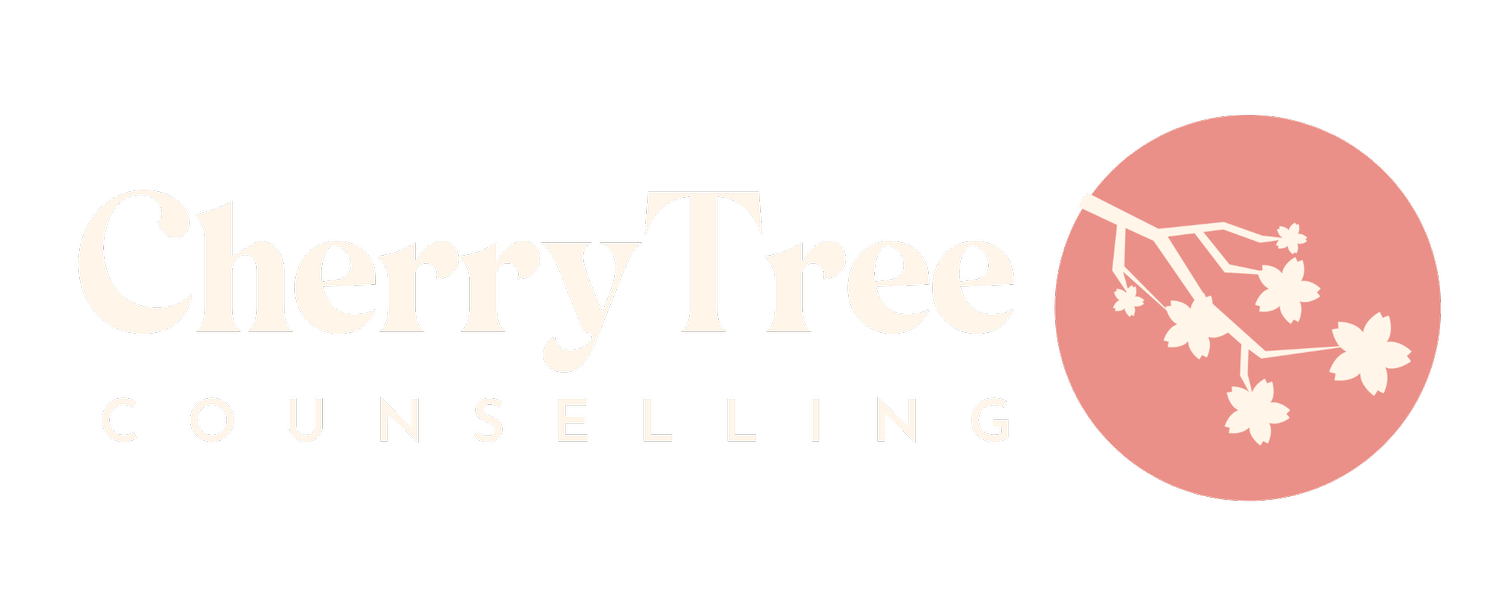
OUR COMMITMENT
Indigenous Peoples Action Plan
Are you a part of the Indigenous community?
A family member? An ally?
Then this Indigenous Resource Guide is for you.
A free list of provincial, national, and international Indigenous supports including: not-for-profit organizations, community centres, governmental programs, online networks and more.
At Cherry Tree Counselling, we truly believe it takes a village. The mental health and well-being of ALL individuals is vital to our communities, yet there continues to be a lack of support for those issues specific to those within the First Nations, Métis, and Inuit communities. As identifying as a part of this community and as family members, allies, and therapists ourselves, we recognize the gaps in care that currently exist.
Together on the path of reconciliation
What does reconciliation mean to us?
Reconciliation means actively engaging in the process of healing, understanding, and promoting equity in our practice. It involves acknowledging and addressing the historical and ongoing impacts of colonization on Indigenous communities and working towards building meaningful relationships based on trust, respect, and cultural safety.
Therapists can support reconciliation by incorporating Indigenous perspectives, practices, and traditional knowledge into their work, while also advocating for systemic changes that address the unique needs and challenges faced by Indigenous clients.
By implementing this plan, counselling practices can demonstrate a genuine commitment to reconciliation and cultural sensitivity. It creates a framework to address the unique needs and experiences of Indigenous clients. The Action Plan ensures that counselling services are accessible, respectful, and inclusive, fostering a safe and supportive environment. This promotes a sense of belonging and trust for Indigenous clients, facilitating their healing journey.
Additionally, the Action Plan encourages ongoing education and training for therapists to enhance their cultural competency. By embracing this plan, the counselling practice acknowledges the importance of honouring Indigenous knowledge, fostering resilience, and working towards reconciliation in the mental health field.
“Even though you and I are in different boats, you in your boat and we our canoe, we share the same river of life. What befalls me befalls you.”
CHIEF OREN LYONS, ONONDAGA NATION

ACKNOWLEDGMENT OF INDIGENOUS PEOPLES
We are a clinic that services individuals situated upon the traditional territories of Turtle Island (North America). We are thankful to be able to work and live in the territory now called Ontario.
We acknowledge and give thanks to the First Nations, Metis and Inuit people who have protected and cared for these territories and communities across the province from before the arrival of the settler people and continue to fight for the health and safety of the land, water, and animal nations.
Although we offer primarily virtual services, Cherry Tree Counselling provides some in-person services within the Hamilton and Dundas region and has many relationships and connections within this area specifically. Therefore, we’d like to pay special attention to recognizing the traditional territories of the Erie, Neutral, Huron-Wendat, Haudenosaunee, and Mississaugas as well as the urban Indigenous peoples who reside on this land.
We remember the history of these lands and that they have been tainted by poor treatment and a lack of friendship with the First Nations who call them home. As we are all treaty people in Canada, this history affects us all in individual ways. The Dish With One Spoon Wampum Belt Covenant, an agreement between the Haudenosaunee and Anishinaabek is one such example as well as the Between the Lakes Purchase, Brant Tract Treaty, Ajetance Treaty, and the Head of the Lake Purchase.
As we reflect on our shared history we know that our past defines our present, and wish to foster moving forward as friends and allies in order that our past does not have to define our future.
We recognize and understand that in addition to land acknowledgements, we need to commit to action, education, meaningful dialogue and change. Along with acknowledgement, we must engage our communities in education about Indigenous and Canadian history, treaties and the rich culture and traditions of Indigenous peoples.
OUR SHARED VALUES
EQUALITY / CONNECTION / SERVICE / QUALITY / COMMUNITY
Unity in purpose
Shared values serve as a powerful catalyst for reconciliation work. By embracing and upholding values such as equality, connection, service, quality, and community, we create a foundation of trust and collaboration. These shared values guide us in implementing meaningful changes and fostering a more inclusive and harmonious society.
Looking to the future
We will set priorities that focus on building relationships and supporting the Indigenous community, concentrating on the following goals and objectives.
AT THE INDIVIDUAL LEVEL:
Engage in self-reflective processes such as examining personal biases, education on Indigenous history and culture, and seeking supervision or consultation to enhance cultural competency
Participate in ongoing professional development and training on trauma-informed care and cultural humility
Actively seek feedback from Indigenous clients to improve therapeutic care and practices
AT THE PRACTICE LEVEL:
Elevate Indigenous voices and support Indigenous communities and organizations by leveraging professional, social, and digital networks and resources
Increase advocacy by participating in community and grassroots events and activities
Hire and/or contract Indigenous professionals to collaborate or work with the Cherry Tree team
Create programming, scholarship opportunities and resources to support Indigenous clients
AT THE COMMUNITY LEVEL:
Support and amplify pre-existing Indigenous programming and services available in the community
Develop and provide training and resources to community members and therapists to support accessibility and enhance cultural competency
Collaborate with Indigenous communities to address historical trauma and promote overall well-being through programming and resource development
AT THE SYSTEMIC LEVEL:
Advocate for policy changes that address systemic barriers to Indigenous mental health care
Promote equitable funding and resources for Indigenous mental health services
Determine ways to integrate Indigenous Knowledge and practices into mainstream therapeutic approaches
Collaborate with government agencies and organizations to develop culturally appropriate mental health programs and services
2024-2025 Objectives
By September 30th, 2025, we aim to:
Develop and launch a culturally sensitive therapy training course blending ecotherapy with Indigenous perspectives to better support both Indigenous and non-Indigenous clients.
Co-create and deliver a community-based mental health workshop or webinar in partnership with the Indigenous community for the Indigenous community.
Establish and implement comprehensive cultural safety training for all staff members, focusing on Indigenous history, culture, and contemporary issues.
Incorporate and increase the inclusion of Indigenous languages into the practice's website, social media, resources, and signage where appropriate and feasible.
Increase the number of available therapist service providers under the Non-Insured Health Benefits (NIHB) program.
-
Foster greater engagement with Indigenous clients and the community.
Engage in outreach with the therapist community through surveys regarding needs such as increased cultural competency and training.
Include greater representation of Indigenous leaders and voices in our social media campaigns.
Create an Indigenous Resource Guide to highlight local, provincial, national, and international support available for Indigenous clients and the community.
Increase available therapists under the Non-Insured Health Benefits (NIHB) program to expand access for Indigenous clients.
Explore potential funding sources and opportunities to further develop programming under the Indigenous Action Plan.
Current NIHB Providers
WANT TO KNOW MORE?
Government of Canada: Indigenous peoples and communities
Canadian Geographic: Indigenous Peoples Atlas of Canada
Native Women’s Association of Canada
Truth and Reconciliation Commission Report - Calls to Action

Connect with us today.
We’re ready to support you.



